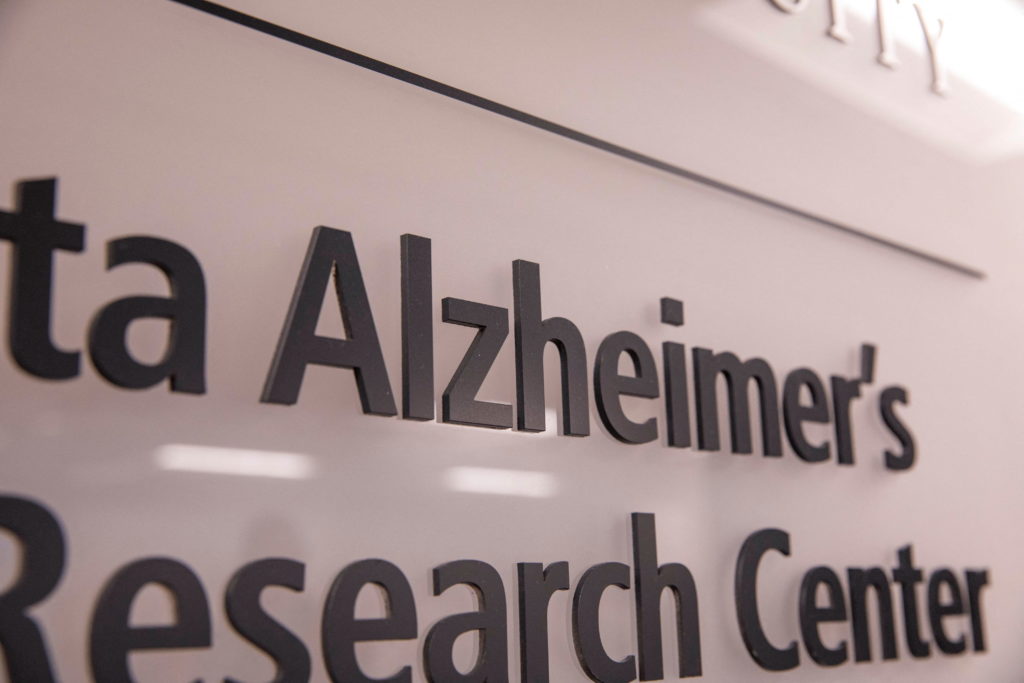Researchers have recently made a groundbreaking discovery regarding a genetic form of late-onset Alzheimer’s disease. This form of Alzheimer’s occurs in individuals who inherit two copies of a particular gene.
The gene in question, known as APOE4, has long been recognized as a risk factor for Alzheimer’s, especially as individuals age. However, new research suggests that for those who carry two copies of this gene, it is more than just a risk factor—it is an underlying cause of the disease.
The implications of this finding, led by Dr. Juan Fortea of the Sant Pau Research Institute in Barcelona, Spain, are profound. Individuals with two copies of APOE4 may experience symptoms seven to ten years earlier than those who develop Alzheimer’s through other means.
Approximately 15 percent of Alzheimer’s patients carry two copies of the APOE4 gene, meaning their cases can be directly attributed to genetic factors. This contrasts with previous understanding, which primarily associated genetic forms of Alzheimer’s with younger age groups, constituting less than 1 percent of all cases.
This discovery underscores the importance of developing treatments that target the APOE4 gene specifically. Some doctors are cautious about prescribing the only drug known to moderately slow the progression of Alzheimer’s, called Leqembi, to individuals with two copies of the gene due to an increased risk of dangerous side effects.
Dr. Reisa Sperling, a co-author of the study from Brigham and Women’s Hospital in Boston, emphasizes the significance of identifying and targeting this high-risk group before symptoms manifest. However, she advises against widespread genetic testing, as the APOE4 gene pair is responsible for only a minority of Alzheimer’s cases.
In terms of genetics and Alzheimer’s, while certain genes are associated with rare early-onset forms of the disease, APOE4 primarily influences the more common late-onset type, which typically occurs after the age of 65. The gene affects how the body processes fats and has three main variants: APOE2, APOE3, and APOE4.
Fortea’s research team analyzed data from thousands of brains and individuals participating in Alzheimer’s studies, revealing that those with two APOE4 copies showed earlier accumulation of amyloid, a hallmark of Alzheimer’s. This suggests a familial form of Alzheimer’s rather than just a risk factor.
However, not all carriers of two APOE4 genes develop Alzheimer’s symptoms, indicating that genetics alone do not determine one’s destiny with the disease. Research efforts are underway to understand why this is the case and to develop targeted treatments, such as gene therapy or drugs, that specifically address APOE4.
In conclusion, while the discovery of this genetic form of Alzheimer’s represents a significant advancement in our understanding of the disease, further research is needed to fully comprehend its implications and to develop effective treatments for those at highest risk.















































